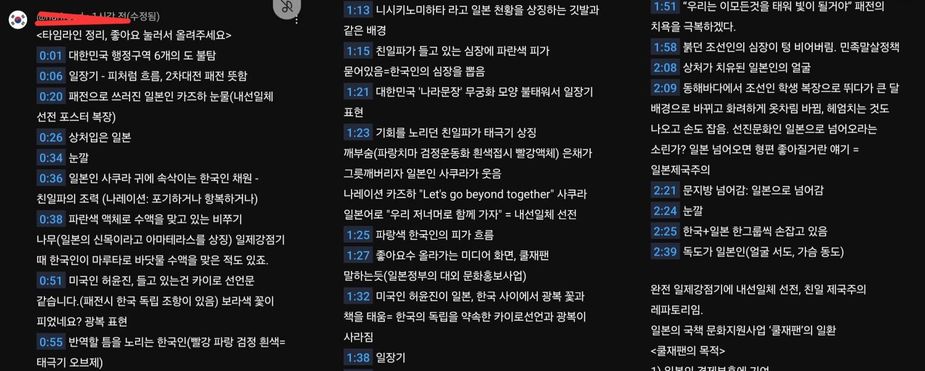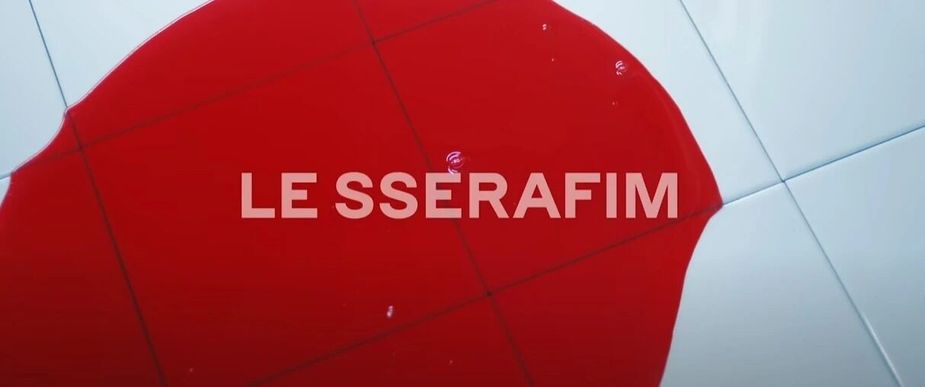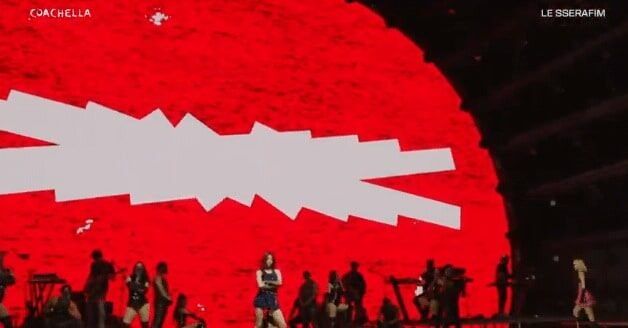LE SSERAFIM Faces Allegations Of Peddling “Japanese Propaganda”

Amidst the ongoing feud between HYBE and ADOR’s CEO Min Hee Jin, multiple HYBE groups have been subjected to public scrutiny and criticism. LE SSERAFIM is no exception.

Recently, a netizen’s re-analysis of LE SSERAFIM’s music video for “Burn the Bridge” has gained significant attention in online spaces after it made claims that the video contains motifs related to Japanese “propaganda.”

This analysis’s talking points included the opening scene of the video, which showed a pool of blood on a white floor with Japanese narration in the background. The imagery, as the OP (original poster) claimed, resembles the Japanese flag very closely.

The video’s ending scene was also called to attention. The video concludes with a clip of Sakura looking up at the sky while she is submerged in water. The claims state that the image resembles the shape of Dokdo Island, a disputed territory between Japan and South Korea.
The allegations are contextualized as LE SSERAFIM being used as a tool of the Japanese cultural propaganda project, “Cool Japan.” The term refers to the overall brand strategy of the nation, aiming to present Japan as an attractive country to the global audience through soft power.
Another separate set of allegations has followed with regard to LE SSERAFIM’s Coachella performance. Many netizens are now pointing out that during a segment, there was a Japanese narration at the back in Sakura’s voice while a motif allegedly resembling the rising sun flag was displayed in the background.

Many rebuttals have also been made with respect to each allegation. For example, many found the likening of the music video imagery to Japanese propaganda motifs too stretched to be validated. The Japanese narrations have also always been a part of LE SSERAFIM’s concept, just like English and Korean narrations included in the mix, to highlight the different backgrounds the members come from.
Meanwhile, Source Music, the label of LE SSERAFIM, previously announced that it plans to take strict action against malicious posts propagated against the group online. But that has seemingly not affected online users, who continue putting their old content under the microscope to find HYBE’s mistakes.

